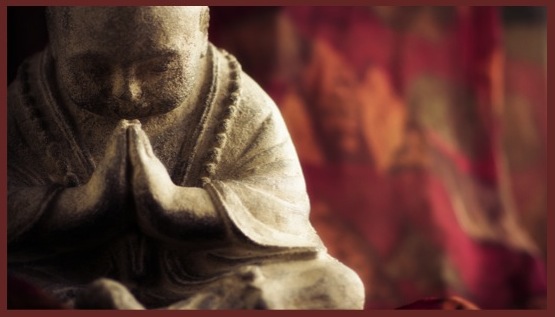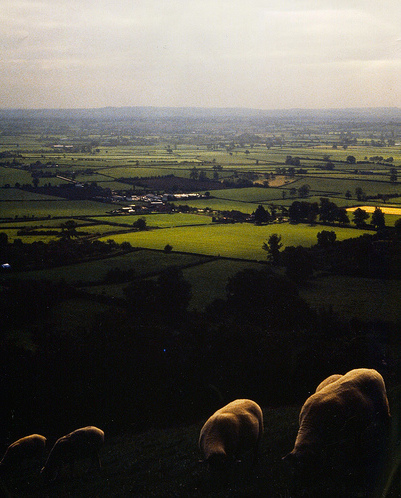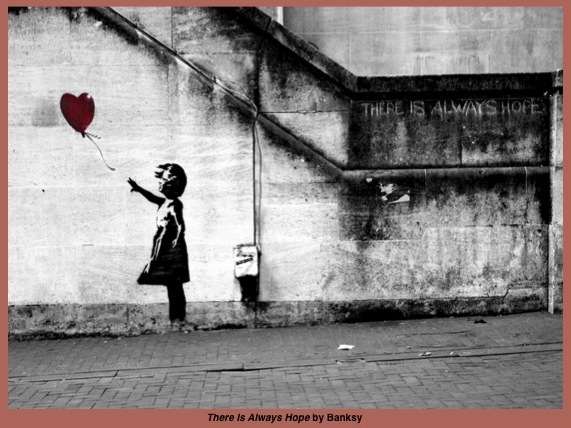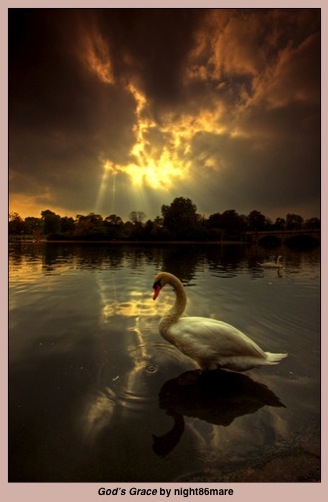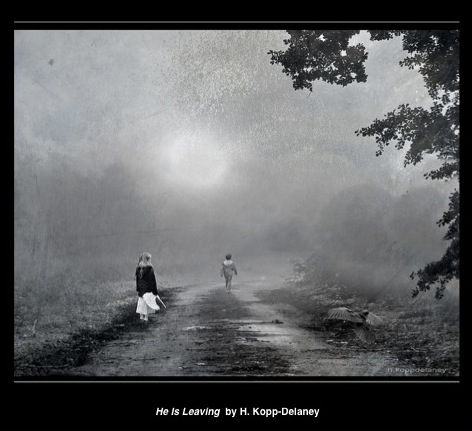This morning on National Public Radio I was listening to Sherman Alexie discuss his troubled relationship with his mother and his new memoir, You Don’t Have to Say You Love Me. Memoirs, it seems to me, and Alexie affirmed, are for those who don’t get the chance to reconcile their complicated feelings towards parents and other loved ones. Oh yes, there are celebratory memoirs, to be sure, but when you come from a twisted root, it’s hard to write the sweet without delving into the sour.
The discussion triggered a lot of things for me. While I listened, I thanked God, thanked God, that for the last five years of my mother’s life, I was her caregiver. Those were difficult years, but… I got that sacred chance to reconcile my complicated feelings—and I think my mother did as well.
I used to call my mother the Dragon Lady with my friends who knew her well. She was hard-charging, always right, full of anger and unreconciled childhood crap of her own—but charming as hell, funny, creative, with an amazing life force, and a remarkable personality that drew people in and made them love her. Both sides were genuine, but she generally saved the Dragon Lady side for those she loved. People always told me I had the coolest mom. And I did. Except for when she was Dragon Lady.
I harbored so much anger and so much resentment for so many years. Therapy helped, but it didn’t leach the poison in me, just gave me mechanisms for coping with it.
In those last five years of Mom’s life, though, the roles were reversed. She was the child, I was the parent. At first, Dragon Lady was still there, fighting to retain her power, fighting to get the most out of life that she could in diminished circumstances. But even when she was most frustrating, she was so damned courageous. Always. For me, being a full-time caregiver, working full-time, and trying to find a way to get Mom to and from dialysis three times a week, I didn’t have the physical or emotional resources to carry my bad feelings forward. Gradually, I released them—or they released me.
And a wonderful thing happened. My mother began changing, too. The Dragon Lady never apologized for anything, ever; she said thank you rarely and never said “I love you†unless someone said it first. In her last years she became gentle, grateful, considerate in a way I’d never seen. She frequently told me “I love you, baby girl†without any prompting at all. And it became very easy to reply, “I love you, baby mom.†It wasn’t just that I didn’t have time for anger and resentment anymore—they really, truly went away. All that remained was love. For her, for me.
I won’t kid you. Those years were not easy. By the time my mom died I was stretched so thin I don’t know how much longer I could have gone on and not torn to shreds. But I really think my mother died in a state of grace, and that grace extended to me.
It nearly crushed me when she passed. But at least I had gotten that incomparable gift of reconciliation.
About a year after she died, I got the notion of writing a memoir, and worked in a fever for about a week. But it was impossible to write the sweet without the sour. I had purged myself of those hard feelings, and I didn’t miss them. They had poisoned my life for a long time and I really did not want them back. I let go of the memoir and held on to my state of grace and my reconciliation. I am so grateful for them. They are a rare and precious gift, mysterious as grace always is.
I love you, baby mom.



